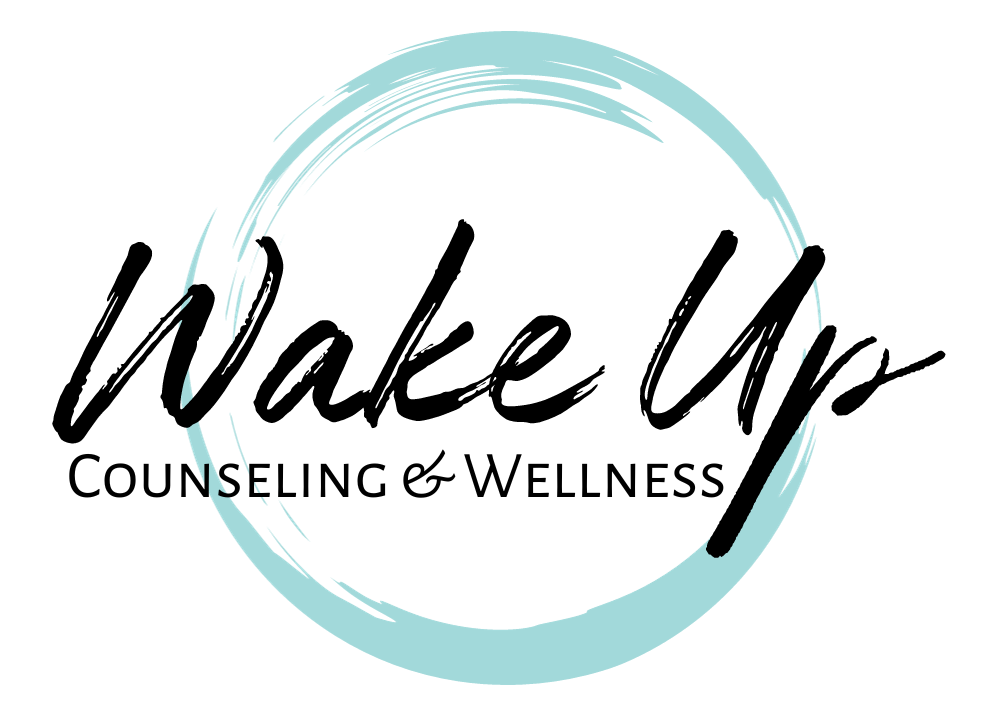
-
Acceptance & Commitment Therapy (ACT)
Acceptance and Commitment Therapy (ACT) is rooted in mindfulness. ACT helps individuals relate to their thoughts and emotions differently. Mindfulness-based activities help individuals practice acceptance, gain space from their thoughts, and become more psychologically flexible. These activities help individuals clarify their values and move life in a valued direction. While it is often recommended, formal meditation is not a required component of ACT. ACT is a time-limited approach, so it does not aim to keep individuals in therapy for a long time.
-
Cognitive Behavior Therapy (CBT)
Cognitive Behavior Therapy (CBT) is an umbrella term that groups together many different theories and treatments. Generally, CBT's help individuals identify and challenge self-defeating beliefs. Individuals are taught a variety of coping skills and are encouraged to practice new behaviors. CBT is a time-limited approach, so it does not aim to keep individuals in therapy for a long time. CBT is both collaborative and structured.
-
Mindfulness-Based Therapy
Mindfulness has been shown to be an effective treatment for many presenting concerns. It can be used on its own or in conjunction with other methods. Individuals are supported to view their thoughts, feelings, behaviors, and selves differently through various mindfulness-based activities. Individuals practice formal mindfulness meditation, and sessions are adapted to meet individual needs. As individuals make progress, they become less reactive to their environment, thoughts, and feelings. Individuals work to transform their habits so they can engage in the valued portions of their lives. Mindfulness-based therapy focuses more on developing wellness as opposed to simply eliminating symptoms.
-
Behavioral Activation
Behavioral Activation (BA) is an effective treatment for depression and mood disorders. BA works through systematically increasing engagement with rich and genuinely rewarding behaviors. Behaviors that are related to depression and depressive episodes are decreased. BA is a highly structured and time-limited treatment through which individuals tend to see results quickly.
-
Exposure Therapy
Exposure therapy supports individuals to encounter thoughts, feelings, and things that trigger anxiety. Exposure therapy is highly structured and time limited. Exposure therapy is effective at treating panic disorder/attacks, phobias/fears, social anxiety, health-related anxiety, and others. While it may sound intimidating at first, exposure therapy works rather quickly and is often not as difficult as individuals anticipate.
-
Prolonged Exposure Therapy for PTSD (PE)
Prolonged Exposure Therapy (PE) is one of the top treatments for PTSD. Individuals are supported to take active steps to encounter their trauma memories and trauma-related objects within their environment. PE is a highly structured and time-limited treatment for PTSD. Treatment normally lasts for approximately 12 weeks, but there may be some variance depending on how individuals respond to treatment. PE has a high success rate, and individuals often notice improvements within just a few sessions.
-
Interpersonal Psychotherapy
Interpersonal Psychotherapy (IPT) is unique compared to many of the other treatments for depression. Depression and the quality of relationships in individuals’ lives are linked together. IPT works by helping individuals take direct action to improve their relationships. IPT is a time-limited therapy through which individuals may experience improvements rather quickly.
-
Supportive Counseling
Supportive counseling will look different depending on individual needs. Supportive counseling often includes one or more of the previously discussed treatments or approaches. Supportive counseling can help individuals who are experiencing some type of transition or shift in life. It can serve as maintenance after making progress in therapy. The goal of therapy is to help individuals engage in an interdependent, full life. The goal should never be for individuals to stay in therapy forever. Supportive counseling must be implemented judiciously, have a definable goal/purpose, and be collaboratively discussed between clinicians and individuals.

